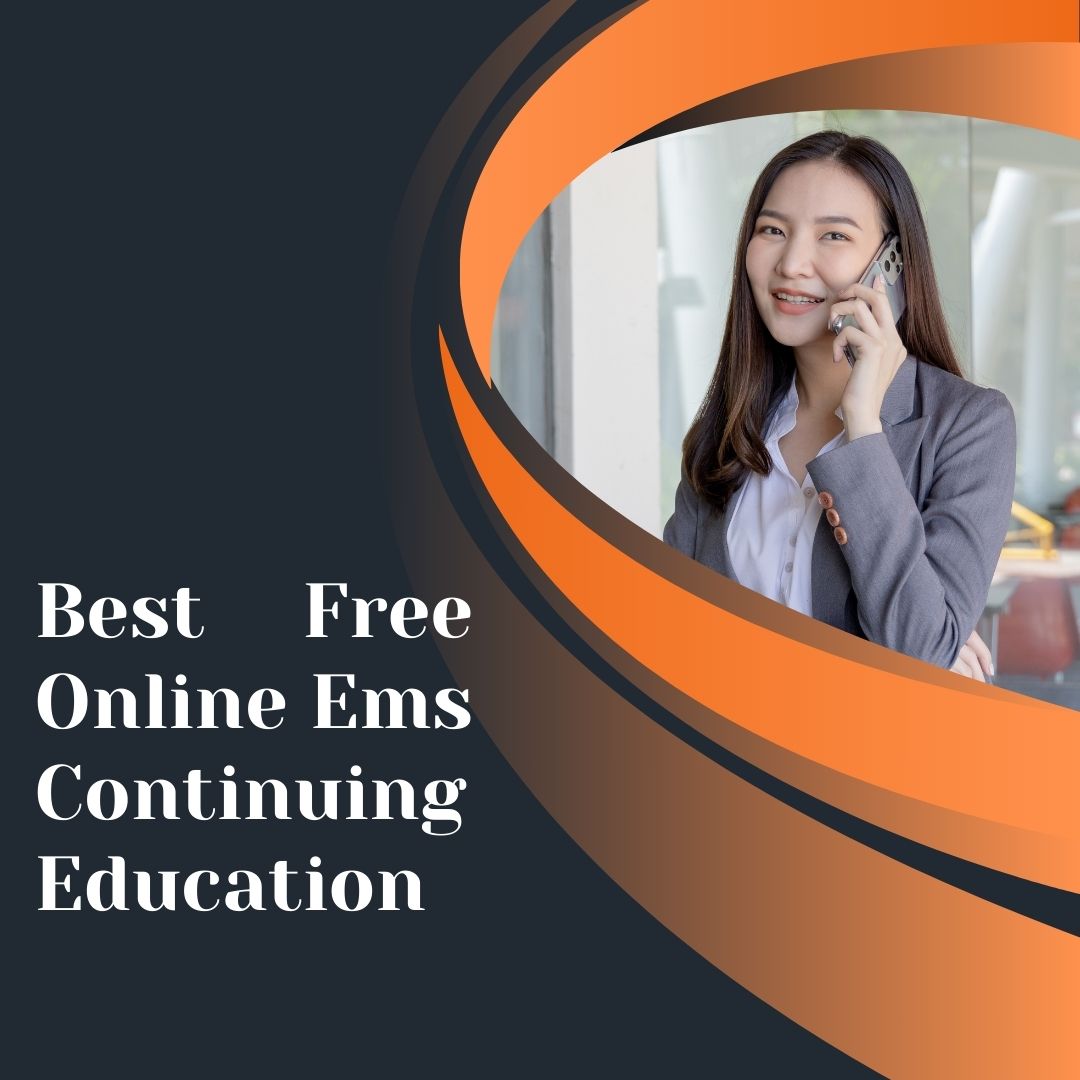Are you considering advancing your career in education while maintaining your professional commitments? Pursuing an online Master's in Education in Ohio might be the perfect solution. Ohio offers a diverse array of online programs tailored to meet the needs of educators at different stages of their careers. Let's delve into the various ways you can pursue an online Master's in Education in Ohio, the benefits of such programs, and essential FAQs to guide your decision-making process.
Advantages of Online Master's in Education Programs
Online Master's in Education programs in Ohio provide numerous benefits for educators seeking to enhance their skills and credentials. Here are some advantages:
-
Flexibility: Online programs offer flexibility, allowing you to balance your studies with work and personal commitments.
-
Accessibility: With online education, you can access coursework from anywhere with an internet connection, eliminating the need to commute to a physical campus.
-
Customization: Many online programs offer various specializations, allowing you to tailor your degree to align with your career goals and interests.
-
Cost-Effectiveness: Online programs often have lower tuition fees and eliminate expenses associated with commuting and housing.

Various Pathways to Pursue an Online Master's in Education in Ohio
Ohio provides multiple avenues for educators to pursue an online Master's in Education. Here are some of the common pathways:
-
Ohio Universities Offering Online Programs: Several universities in Ohio offer fully online or hybrid Master's in Education programs. Examples include Ohio University, Kent State University, and the University of Cincinnati.
-
National Online Programs with Ohio Residency Options: Some nationally recognized online universities offer programs with residency options in Ohio. These programs provide the flexibility of online learning with occasional in-person components.
-
Ohio Consortiums and Collaborations: Collaborative efforts among Ohio universities may offer unique online programs that leverage the expertise of multiple institutions.
Must-Ask FAQs About Online Master's in Education Programs in Ohio
Here are some FAQs to consider when exploring online Master's in Education programs in Ohio:
Q1: Are online degrees as respected as traditional degrees? A1: Yes, reputable online programs from accredited institutions are widely respected by employers and academic institutions.
Q2: Can I continue working while pursuing an online Master's in Education? A2: Absolutely. Online programs are designed to accommodate working professionals, offering flexibility in scheduling.
Q3: How do I ensure the quality of an online program? A3: Look for programs accredited by recognized accrediting bodies such as the Council for the Accreditation of Educator Preparation (CAEP).
Q4: What financial aid options are available for online students in Ohio? A4: Online students in Ohio may qualify for various forms of financial aid, including scholarships, grants, and loans. Be sure to explore all options and consult with the financial aid office of your chosen institution.
Q5: Are there opportunities for hands-on experience in online programs? A5: Many online programs incorporate practicum experiences or internships that allow students to gain real-world experience in educational settings.
Table: Comparison of Online Master's in Education Programs in Ohio
| University | Program Name | Specializations Offered | Accreditation | Residency Requirements |
|---|---|---|---|---|
| Ohio University | Master of Education Online | Curriculum & Instruction, Educational Leadership, Special Education | CAEP | No |
| Kent State University | Online Master of Education | Instructional Technology, Educational Technology | CAEP | No |
| University of Cincinnati | Online Master of Education | Curriculum & Instruction, Educational Leadership, Literacy | CAEP | No |
This table provides a snapshot of some online Master's in Education programs available in Ohio, including their specializations, accreditation status, and residency requirements.
In conclusion, pursuing an online Master's in Education in Ohio offers a flexible and convenient option for educators seeking to advance their careers. By considering the various pathways, advantages, and FAQs outlined above, you can make an informed decision that aligns with your professional goals and aspirations.
